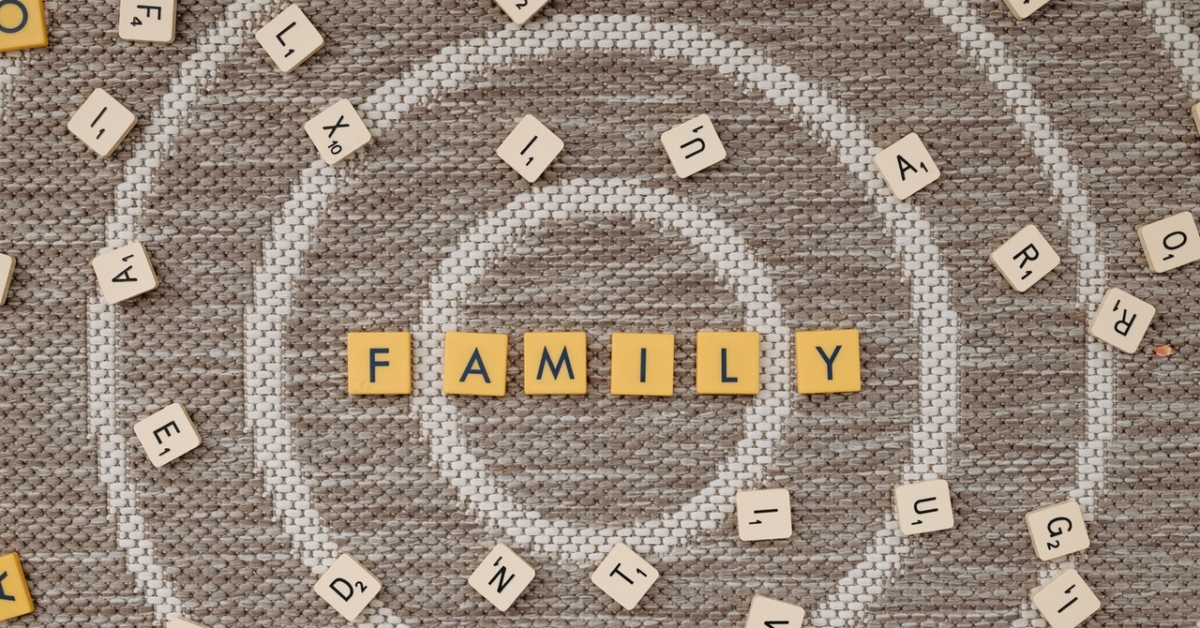People often regard the Indian Child Welfare Act (ICWA) as a stumbling block, an obstacle, or a nuisance to cases involving child welfare, foster care, adoption, and termination of parental rights. They ask, how does ICWA benefit me or my child? The simple answer is: if you are not an “Indian child,” ICWA probably doesn’t benefit you.
ICWA is designed to benefit an Indian child by protecting the child’s cultural and familial bonds to the child’s Indian tribe. In the culture of many Indian tribes, the tribe is the child’s family. ICWA was enacted to protect Indian tribes and their members from predatory adoption agencies and adoptive parents. In many Indian people’s minds, these predatory non-Indians were very successfully stealing Indian babies from their families and removing them from their tribal cultures.
While this criticism sounds harsh, it is a real sentiment expressed by Native American people. Once removed from the Indian tribal culture and family, the child was unlikely to ever return. So, how does ICWA protect an Indian child? ICWA is designed to make it harder to break Indian tribal bonds. ICWA makes it more difficult to place a foster child pr adoptive child with a non-Tribal or non-Indian family. ICWA preserves those bonds by encouraging courts to place an Indian child with a tribal placement.
Brittany Labadie is the Managing Partner at Lewis Labadie. She has been working with Lewis Labadie since it opened. Her current focus is with adoption cases, including juvenile adoptions, adult adoptions, foster care adoptions, same-sex adoption, surrogacy adoptions, and when necessary termination of parental rights. She works throughout the State of Arizona.




